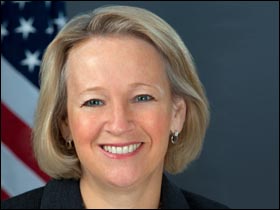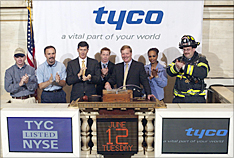 A group of institutional investors have proposed a “Fifth Analyst Call” wherein U.S. public companies host a “dedicated conference call” in addition to the quarterly conference call for institutional investors focusing exclusively on corporate governance matters with the primary dialogue between investors and directors.
A group of institutional investors have proposed a “Fifth Analyst Call” wherein U.S. public companies host a “dedicated conference call” in addition to the quarterly conference call for institutional investors focusing exclusively on corporate governance matters with the primary dialogue between investors and directors.
Mindful of Regulation Full Disclosure, the call would be scheduled 10 to 15 days before the annual meeting and cover material that is in the proxy. While every company will need to examine its particular needs, this proposal is a framework that encourages dialogue.
Directors should embrace this opportunity to efficiently communicate with institutional investors and beneficial owners with the ability to interact directly with shareholders not filtered through proxy advisory firms or solicitors.
Yes, it will require preparation. But shouldn’t those who are paid to represent the interest of shareholders be able to discuss the company’s governance framework and philosophy, the board’s structure, effectiveness and succession planning? Directors should be able to discuss the internal controls and risk management practices and even answer questions about executive compensation.
Such dialogue could be enormously helpful to boards at this critical time in helping to restore trust in their work in providing governance oversight.

![WO-AE338_ACKERM_G_20110207172753[1] WO-AE338_ACKERM_G_20110207172753[1]](https://www.karenkaneconsulting.com/wp-content/uploads/2011/02/WO-AE338_ACKERM_G_201102071727531-300x200.jpg)
![WO-AE338_ACKERM_G_20110207172753[1] Ackermann 's Comments Could Prompt Quotas](http://new.karenkaneconsulting.com/wp-content/uploads/2011/02/WO-AE338_ACKERM_G_201102071727531-300x200.jpg)




